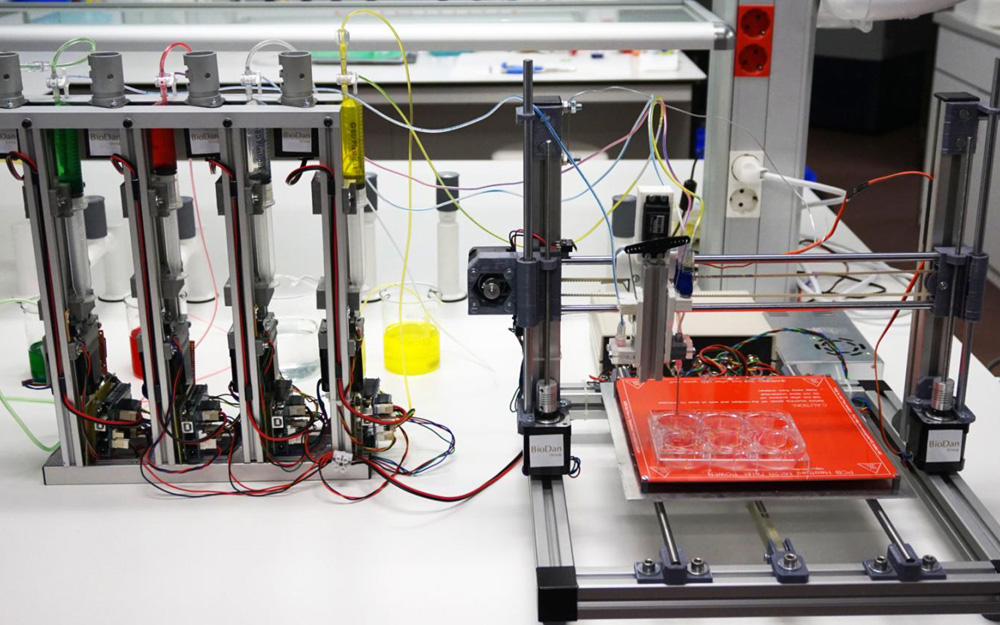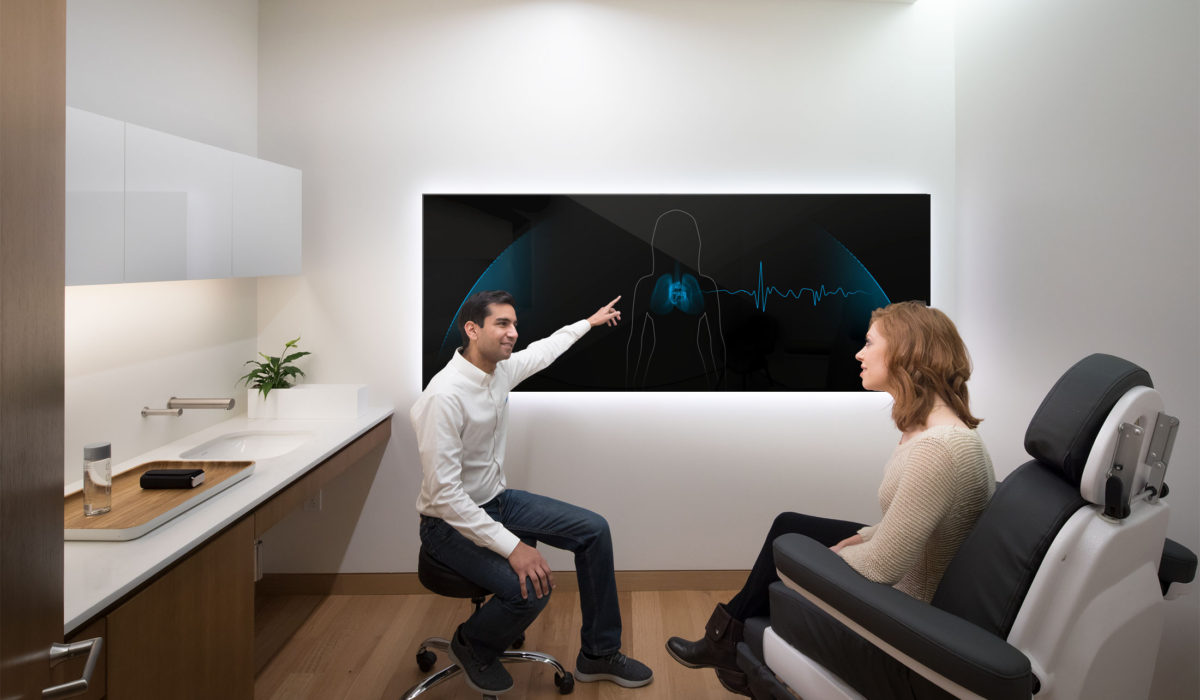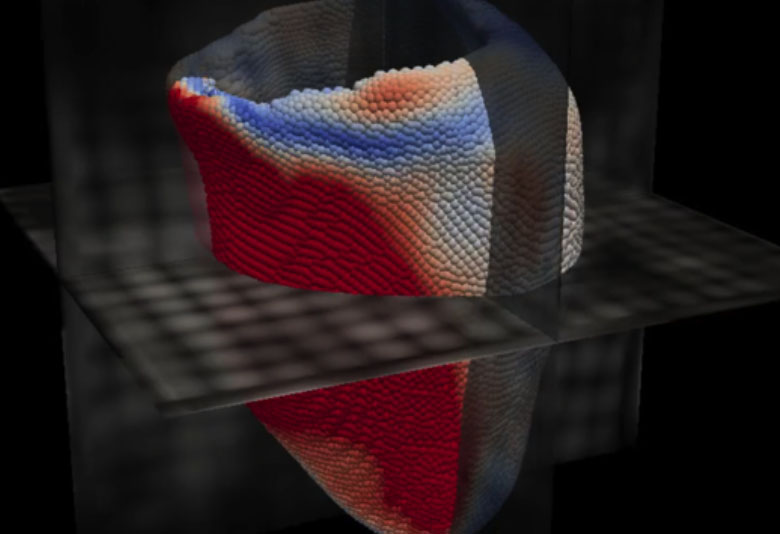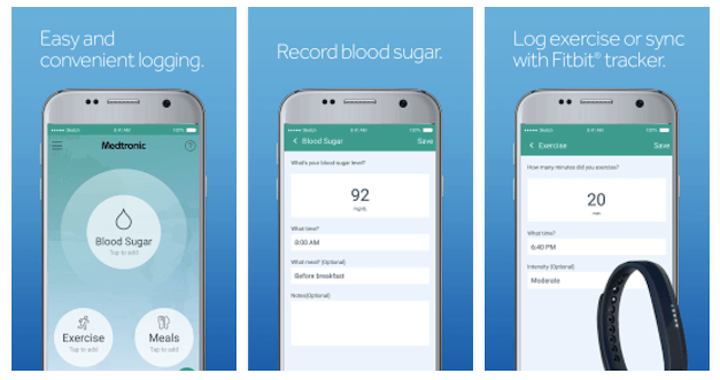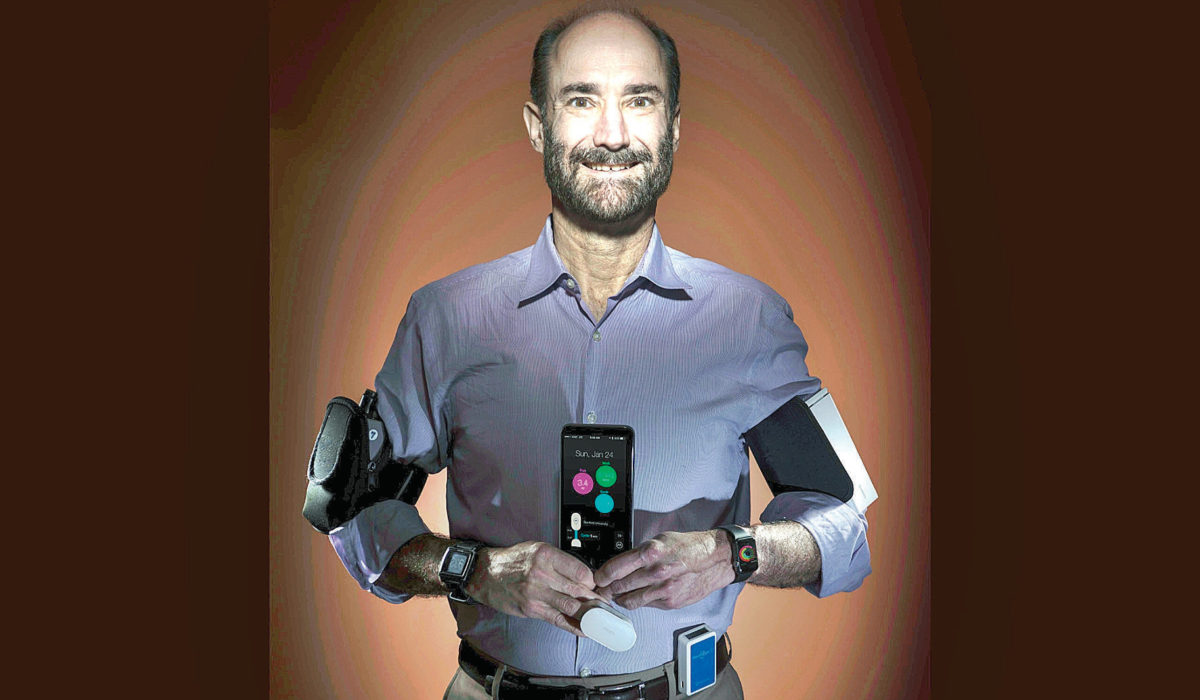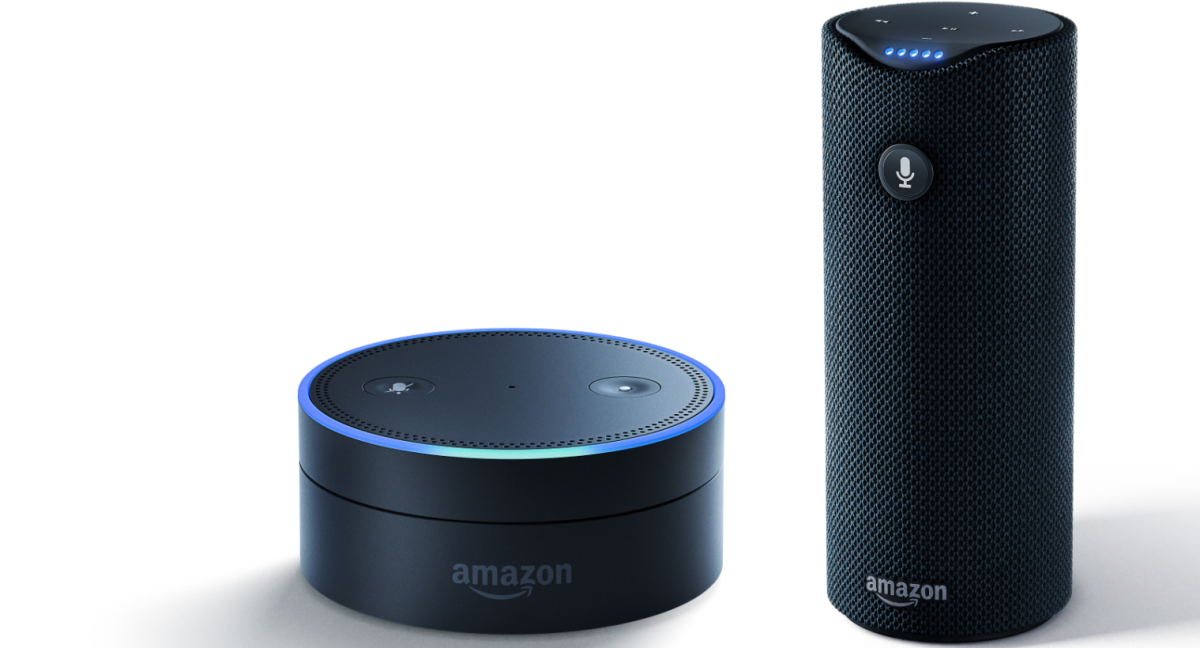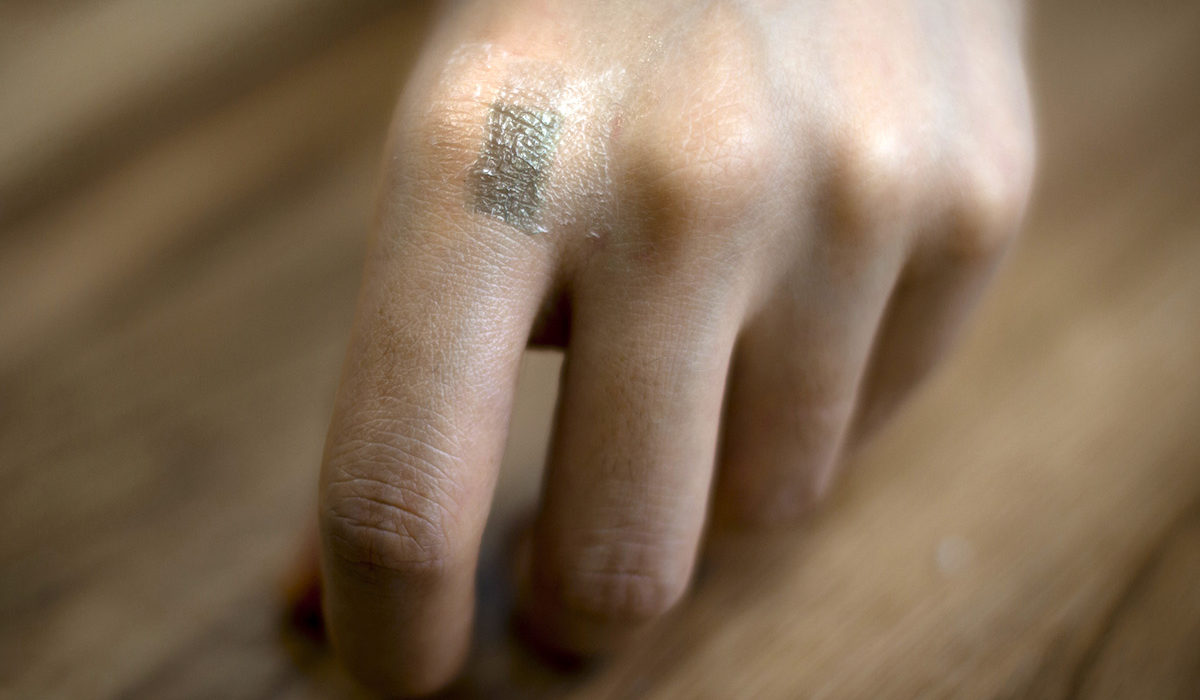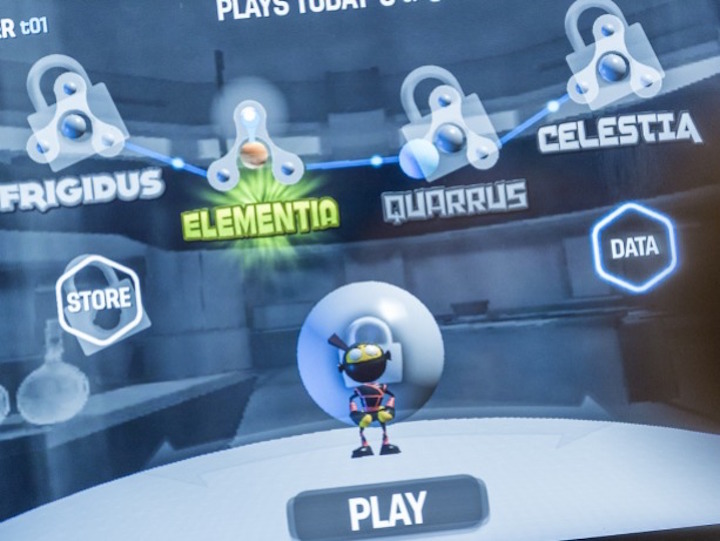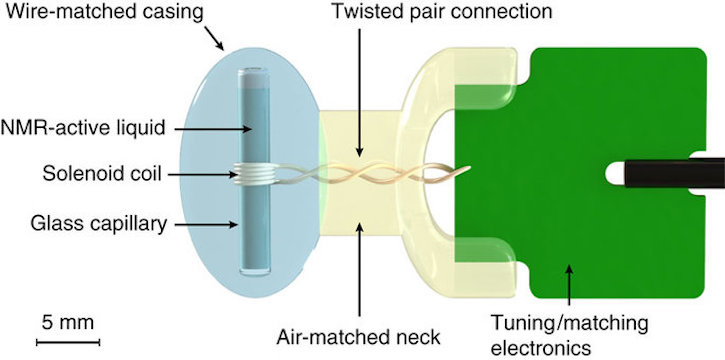José Luis Jorcano at Universidad Carlos III de Madrid has developed a 3D bioprinter capable of replicating the structure of skin. The human-like skin that is produced includes an epidermal layer that protects against the environment,...
curated by ApplySci
Yearly Archives: 2017
Sensor, data, and AI-driven primary care
Forward has brought advanced technology to well-care. Patient/Members are integrated into the practice with a baseline screening via body scans, blood and genetic tests. They are then given consumer and medical wearables, which work with...
Machine learning tools predict heart failure
Declan O’Regan and MRC London Institute of Medical Sciences colleagues believe that AI can predict when pulmonary hypertension patients require more aggressive treatment to prevent death. In a recent study, machine learning software automatically analyzed moving images of...
Consumer wearable + medical monitor track exercise’s impact on glucose
Consumer wearables can complement medical devices by integrating activity data into a disease management strategy. Fitbit movement data will now be used with a Medtronic diabetes management tool, with the goal of users predicting...
Wearable sensors predict illness
Stanford’s Michael Snyder has published the results of a health wearable study, in which 2 billion measurements were taken from 60 subjects, concluding that such devices can be used to predict illness. Continuous biosensor data, plus blood...
Alexa solidifies NLP’s role in smart homes, cars. Is senior care next?
Amazon’s Alexa is the deserved star of CES. Lights, thermostats, air purifiers, cars, refrigerators, other appliances, and baby monitors are examples of interfaces solidifying the natural voice processing-driven future of the world. Amazon now has the opportunity to enhance the lives of...
Ultra-stretchable transistor for discreet, continuous health monitoring
Stanford professor Zhenan Bao‘s latest bioelectronic innovation has disrupted wearable technology as we know it. The ultra-flexible transistor can be stretched to twice its length, without losing conductivity. Conductors are confined inside an extremely thin,...
Video games studied to treat late-life depression
UCSF’s Joaquin Anguera and the UW’s Patricia Arean have published a study detailing the use of video games to treat late life depression. They claim that the EVO interface targets underlying cognitive issues associated with depression, and does not simply manage...
Sensor dramatically improves MRI resolution
ETH professor Klaas Prussmann has developed technology to improve MRI accuracy by detecting tiny changes in magnetic fields. An MRI’s strong magnetic field, which makes it difficult for sensors to detect up small details. Prussmann’s integrated...
